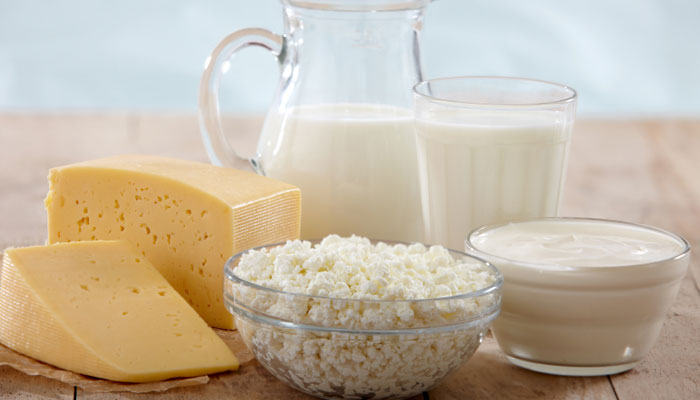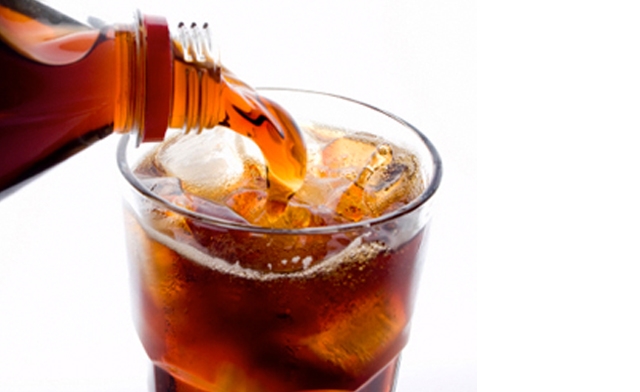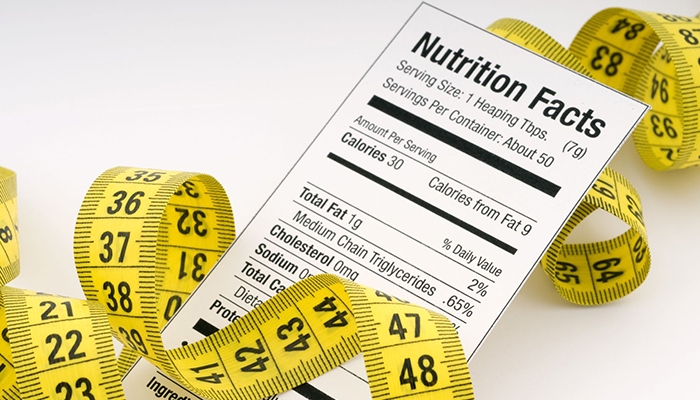
PS : By bodybuilding, I don’t mean bodybuilder bodybuilding. Bodybuilding is simply putting on lean muscle and becoming a STRONGER individual. So ladies, this topic applies to you as well.
India has a population of over 500 million vegetarians. And, even though the other 800 million of us maybe enjoying our chicken once in a while, our diets are PRIMARILY vegetarian. We are possibly THE MOST vegetarian country in the world.
But, when you combine the worlds of muscle building and pure vegetarian food, the muscle-building game definitely becomes a little more difficult, but NOT impossible. If you’re smart about it there’s a way of building muscle without harming animals!
GROUND RULES THAT A VEGETARIAN BODYBUILDER MUST KNOW:-
1)You CAN BUILD MUSCLE with a pure vegetarian diet. Animal welfare for the win! Too many non-vegetarians in India keep dissing their vegetarian friends, WITHOUT being informed about the scientific aspects of dieting.
2)YOU NEED PROTEIN in your food to build muscle. And, standard Indian food is unfortunately very low in protein. Standard Indian meals (Roti, rice, subzi, dal) contain VERY little protein. Dal/Sprouts alone, WILL NOT help you put on muscle.
3)I don’t see GREAT vegetarian lifters or bodybuilders in this country, primarily due to either a lack of knowledge or wrong knowledge. So get educated about it first. It IS very possible. Get smarter to get STRONGER.
These are the introductory points. Let’s get straight to VEGETARIAN STRENGTH SCIENCE.
1st thing you need to understand is BODYBUILDING & STRENGTH BUILDING are primarily 2 dietary factors – Calories & Protein.
1st-your calories:Calorie levels vary depending on your height, weight, age and activity level. There’s no fixed number. If you want to get a rough estimate of how much you need, you can google a calorie calculator. If you don’t want to use too much math, you can go by a rough estimate. Look at how your daily diet affects your weight. Keep a track of your numbers on the weighing scale & see how your weight responds to your diet.
MAINTENANCE CALORIE LEVEL:If on a particular day, you go above your MAINTENANCE calorie level, you’ll put on weight that day. If you stay below it, you will lose weight.
If your goal is to build LEAN muscle, your job is to stay JUST above your maintenance calorie level. This is the case for all vegetarians, UNLESS you’re overweight. If you’re overweight, your job is to stay just below your maintenance calories for most of the time. But at the same time, you NEED to hit your PROTEIN goal. More on protein later.
How should you fill up these calories?
CONSUME a LOT of food.
Now this doesn’t mean that you go to your local general store and buy all the lays, maggi and coke. They’re high calorie but you need to fill your daily calories with CLEAN food.
As far as possible try filling this with protein rich vegetarian food. Don’t consume too much fat, but consume protein and good amounts of clean, complex carbohydrate (eg. Oats, sweet potato, wheat, brown rice).
The PROTEIN game
2nd Get educated about COUNTING YOUR PROTEIN. In order to build even the slightest form of muscle, the rough estimate that gymmers take is around 0.4 into your body weight in pounds.
So if you weigh 50 kg (110lbs), you need have AT LEAST 0.6×110 = 66g of protein
But, if you want GREAT results, you should be going for around at LEAST a gram of protein per pound of bodyweight. A 110lbs person should have 110g of protein.
SMART FOOD SELECTION
One of the REAL downsides to being a vegetarian is that MOST vegetarian protein sources are considered “incomplete protein”.
Any protein derived from animals – Chicken, eggs, fish is a COMPLETE protein. When you break down a molecule of COMPLETE protein, it is made up of ALL the essential amino acids. Without getting too deep into the science of it – In order to build muscle optimally, you need to consume all 9 essential amino acids through your protein consumption.
Animal protein – Has all the essential amino acids: It’s a complete source of protein. Optimal for building muscle.
Plant protein – Does NOT have all the essential amino acids. It’s an incomplete source of protein. Different plant sources will give you different amino acid profiles.
To counter this, you need to VARY your protein sources. So have dals, beans, pulses, mushrooms, leafy veggies, tofu and nuts!
Also, your best friends as a vegetarian strength junkie are :-
1)Unprocessed Soya – THE ONLY Complete plant derived protein
2)Paneer – India’s biggest gift to the world of fitness.
DAIRY IS YOUR FRIEND
Amp up your intake of paneer cheese, milk, curd! The only issue is – with dairy, you’re also taking in a lot of fat, so you need to keep a tab on how your dairy intake is affecting your calorie intake. Having skimmed milk dairy products is a great way to counter this problem.
JUST KEEP AT IT
As much as I want to promote vegetarian bodybuilding, the truth of the matter is that in most cases, putting on muscle as a vegetarian is a slower process than it is for your meat fuelled counterparts. But in my experience, the harder you work for something, the sweeter the result is. In this article, I’ve only touched upon the basics you need to know as a vegetarian strength enthusiast.
Your job is to educate yourself further and keep at it with your exercise regime. Things will only work if YOU DO!
We trust this guide to vegetarian bodybuilding has fuelled your enthusiasm. How do you incorporate plant-based protein into your diet? Share your insights in the comments! For a deeper dive into nutrition explore more on Healthy Reads or reach out to our certified experts by subscribing to GOQii’s Personalised Health Coaching here.
#BeTheForce






